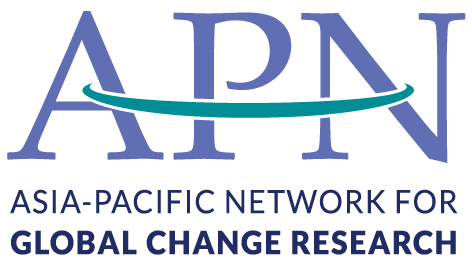At the Uppsala Health Summit 2023 “Chemical Pollution and One Health From Reactivity to Proactivity”, Prof Joëlle Rüegg (2023) emphasised that chemical pollution has to be generally recognized as a threat to the environment and human health and treated with the same urgency as climate change and biodiversity loss. He noted that today’s planetary-scale emergencies must be seen as a “triple crisis”, where chemical pollution plays an equal role and solutions have to be identified in an integrative manner, taking chemical safety into account.
“Emerging pollutants are any synthetic or naturally-occurring chemicals that are not monitored or regulated in the environment and that have known or suspected adverse impacts on ecosystem and human health”.
Water pollution including emerging pollutants (EP), is a severe worldwide problem. Regular monitoring and adapted management of emerging pollutants are urgently needed to ensure for sustainable development at the global scale. This is also crucial to assess water quality and its impact for human health in the context of global change studies.
There is an existing network of reference laboratories (NORMAN), research centres and related organisations for monitoring of emerging environmental substances in Europe (https://www.norman-network.net). However, this network does not exist in other regions where the aquatic environment is faced with multiple threats, such as is occurring in Asia.
Emerging pollutants concentrations in surface waters in the Asian developing countries have been getting more attention in several recent years. Point sources (e.g. industrial zones, domestic urban …), diffuse sources (e.g. agricultural activities) and a lack of wastewater treatment facilities are proving difficult to manage them. Moreover, the lack of knowledge on how emerging pollutants impact on human health and the aquatic environments means that risk determination is difficult, especially in the Asian region. At the present, many emerging pollutants are not listed in national technical regulations for surface water, even that of drinking water, despite the toxicity for human health at even low concentrations.
The aquatic environment of large cities in Asia is facing many pollution problems as a result of the rapid economic development of the past decades. Thus, it is necessary to highlight the need for regular monitoring and to provide maximum acceptable limits in the aquatic environment, especially in the large cities of Asia. Proactively addressing water quality, especially emerging pollutants in water in large cities requires an urgent, yet long term pro-growth strategy that responds to Asian countries aspirations for sustainable socio-economic development. Thus, the present project “Emerging pollutants in surface water environment in large cities in East and Southeast Asia” (DEPSCA project) responds to the urgent need for the establishment of emerging pollutant dataset which is served for both sustainable development and human health protection. The project has been ended in 2022 for the first plan. However, due to the worldwide Covid-19 pandemic, some activities (conference organization, sampling campaigns, ...) of the project have been delayed, and the project is extended until 2024 (after four extensions received). The project is now in its final year after being extended.
The present project has developed a dataset of some emerging pollutants, focussing on persistent organic pollutants (POP), microplastics, antibiotics and cyanotoxins in the aquatic ecosystems of 7 large cities (Hanoi, Ho Chi Minh, Beijing, Singapore, Seoul, Bangkok, and Phnom Penh) in East and Southeast Asia in the first step. Then, the developed dataset of emerging pollutants is used to evaluate the potential risks to ecosystem and human health in order to propose better management practices for their disposal in large cities.
The results of the present project are published in different peer-reviewed international journals, and presented at some international conferences and some regional and international global change research networks (Project results/Publication). The project results include a dataset of emerging pollutants in water, and assessment of their potential human health and environmental risks in large cities of East and Southeast Asian.
The results provide a scientific basis for the improvement of regional scale management of water resources in large cities in East and Southeast Asia. They would enable environment managers and stakeholders to identify research needs, to plan new management schemes and to introduce new water policies. Indeed, our project also offers a good framework for initiating and developing the dialogue, both between scientists of different disciplines and between scientists, decision-makers, managers and the public, for orienting the research efforts towards the demand of the society.
Project Participants
Project Investigator
Assoc. Prof. Le Thi Phuong Quynh.
Email:quynhltp@gmail.com
Institute of Natural Product Chemistry,
Vietnam Academy of Science and Technology (VAST),
18 Hoang Quoc Viet, Hanoi, Vietnam.

Project participants
1. Vietnam
+ Institute of Science and Technology for Energy & Environment (ISTEE),
VAST, 18 Hoang Quoc Viet, Hanoi, Vietnam
Assoc. Prof. Duong Thi Thuy (Biology, cyanobacteria).
Email: duongthuy0712@gmail.com
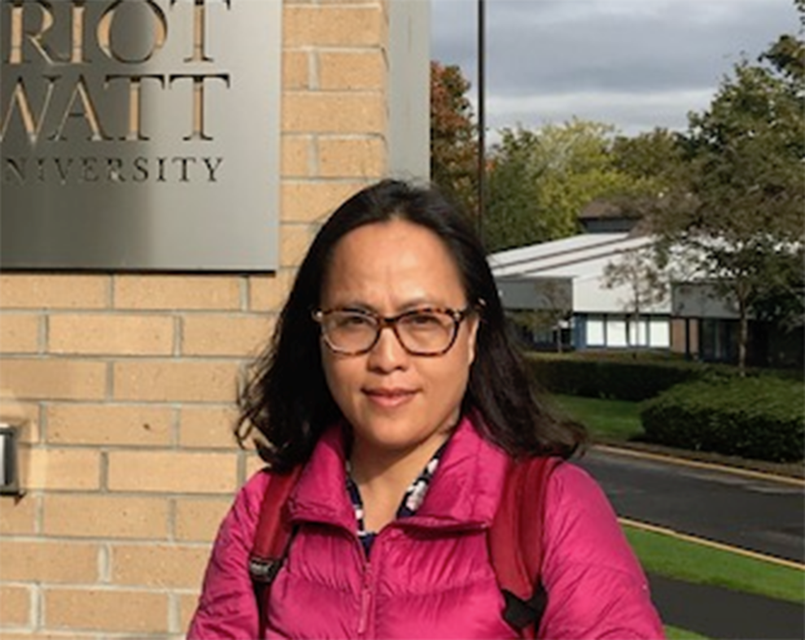
+ Vietnam National University –Hanoi
19 Le Thanh Tong, Hanoi, Vietnam,
Assoc. Prof. Nguyen Thi Anh Huong (Analytical chemistry)
Email: nguyenthianhhuong@hus.edu.vn

and Dr Le Huu Tuyen (Ecotoxicology)
Email: lehuutuyen@gmail.com
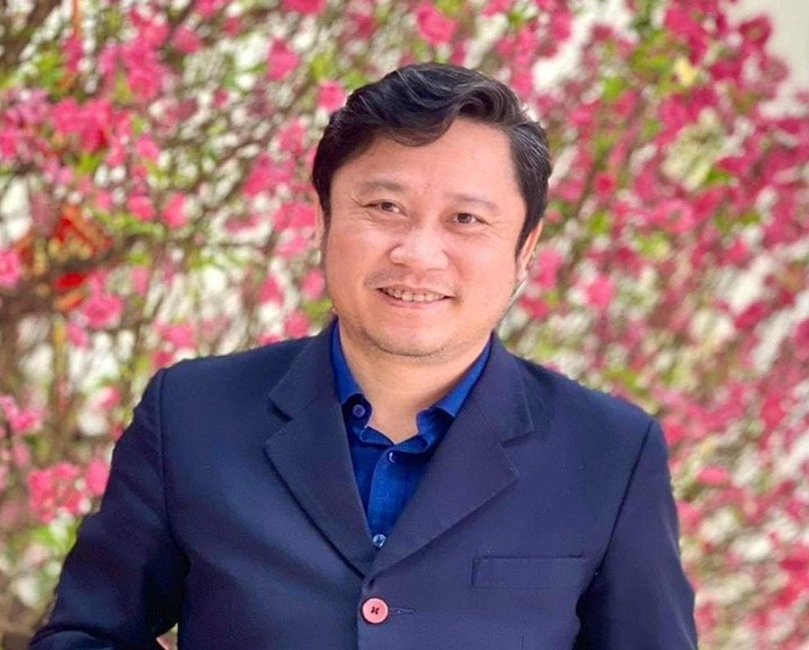
+ Institute of Natural Product Chemistry (INPC),
VAST, 18 Hoang Quoc Viet, Hanoi, Vietnam.
Dr Le Nhu Da (water quality)
Email: dalenhu@gmail.com
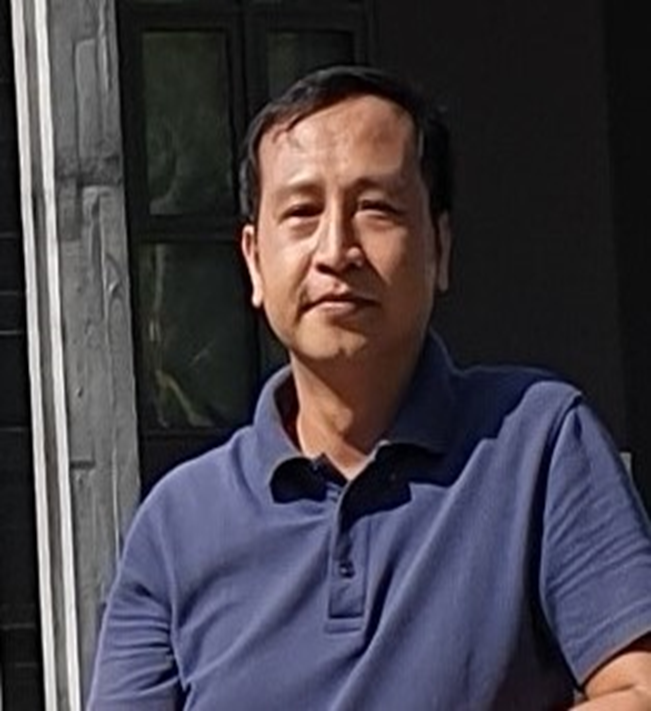
2. Cambodia.
Institute of Technology of Cambodia (ITC), Cambodia
Prof. Dr. Oeurng Chantha (hydrology, water quality)
Email: chanthaposat@yahoo.com

3. China.
Beijing Normal University (BNU), China
Assoc. Prof. Zhang Shurong (water quality, geohydrology)
Email: 09075@bnu.edu.cn
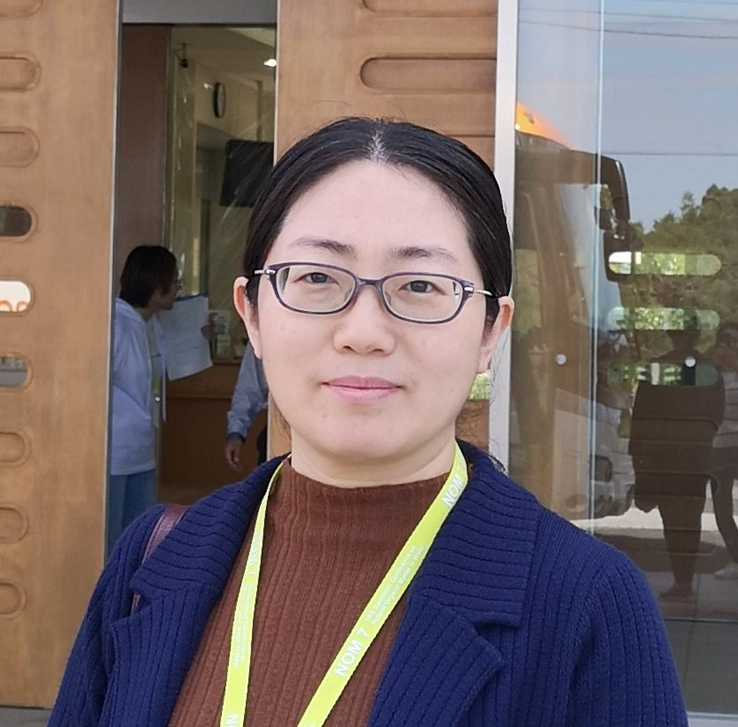
4. Korea.
Seoul National University (SNU)
Seoul 08826, Republic of Korea.
Prof. Dr Oh Neung–Hwan (biogeochemistry, environmental management)
Email: onh@snu.ac.kr.
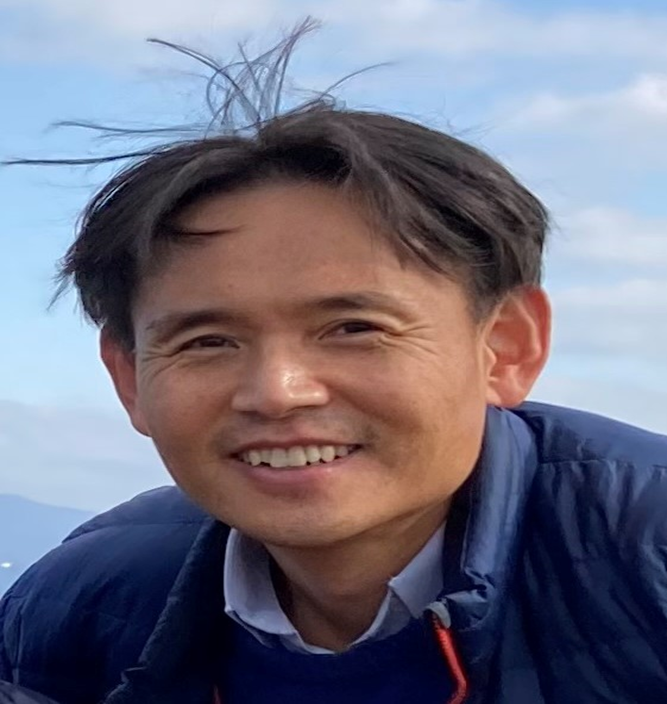
5.Singapore.
National University of Singapore (NUS),
10 Kent Ridge Crescent, Singapore 119260, Singapore
Prof. Lu XiXi (geohydrology, water quality)
Email: geoluxx@nus.edu.sg
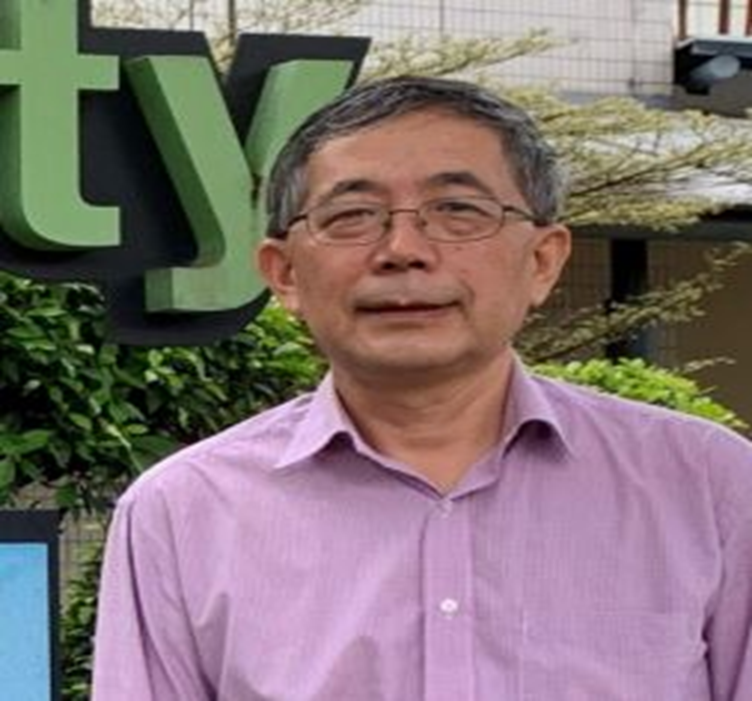
6.Thailand.
King Mongkut's University of Technology Thonburi (KMUTT)
126 Pracha Uthit Rd, 10140, Thon Buri, Bangkok, Thailand
Assoc Prof. Ekkawatpanit Chaiwat (hydrology, water resources).
Email: chaiwat.ekk@mail.kmutt.ac.th/ chaiwat.ekk@gmail.com
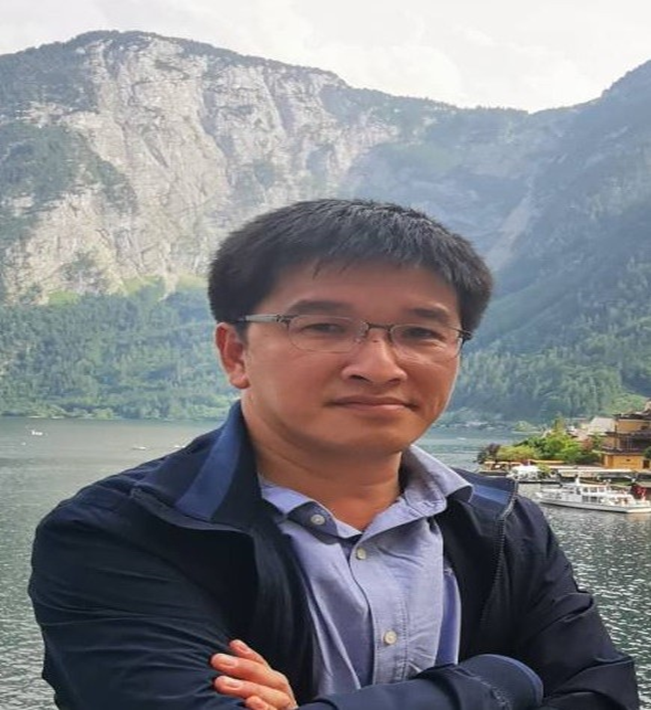
7. France.
+ Sorbonne University, UMR Metis 7619
4th floor, Tour 56, 4 Place Jussieu, Paris 75005, France.
Dr Garnier Josette (ecohydrology, water quality, biogeochemistry)
Email: josette.garnier@upmc.fr
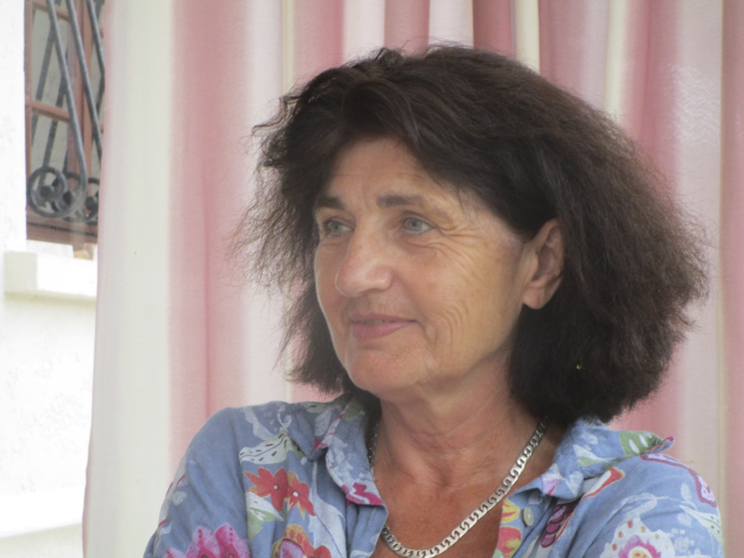
and Dr Billen Gilles (ecohydrology, water quality, biogeochemistry)
Email: gilles.billen@upmc.fr

+ Institute of Research for development (IRD)
Jussieu, Paris 75252, France
Dr Rochelle-Newall Emma (ecohydrology, water quality).
Email: emma.rochelle-newall@ird.fr

Funding source
The present project, with the Project Reference Number CRRP2019-10MY-Le: is funded by the Asia-Pacific Network for Global Change Research (APN)


